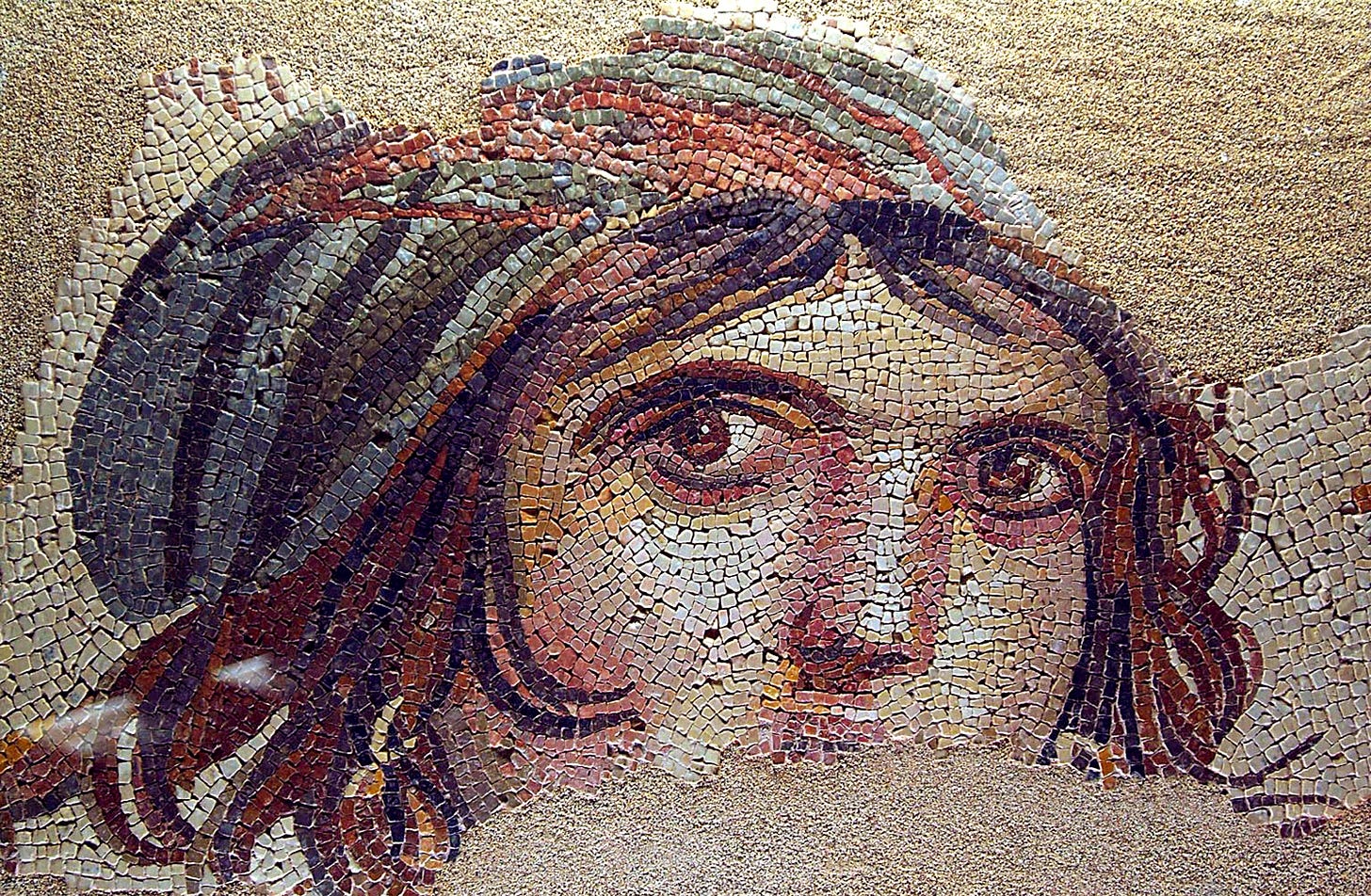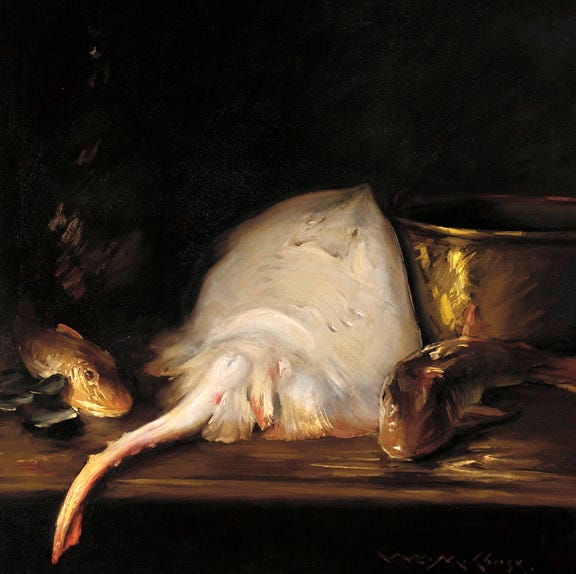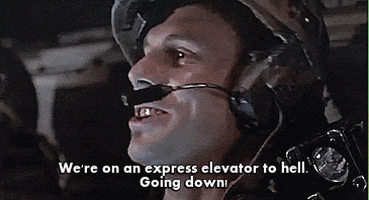If you’re enjoying this newsletter, please consider becoming a paid subscriber. It’s only $30 a year. That’s like one shitty cookbook! Upon becoming a paid subscriber you will receive a copy of my digital Burnt Basque Cheesecake Cookbook Zine! Your funds will also go towards future zine publications as well as making sure that the vast majority of content is free for all.
I have been having a hard time writing lately. Well, let me be a little more honest and say that I have been having a hard time doing just about anything.
I’m once again in the throws of a depressive episode. Functioning is hard. Thinking is hard. Breathing is hard. Eating is hard. These lows have been following me all my life.
There are periods in my life when life doesn’t seem worth experiencing.
Systemic injustices—things too big to change or affect—such as poverty, labor exploitation, colonialism, horrendous and unsafe working conditions, food waste, mass production, you name it, penetrate and seize my mind and soul, starving my will to live from within. The feelings of despair, fear, agony can only be controlled through numbness and disassociation.
But life goes on with or without me. Bills need to be paid. Cats need to be fed. Laundry needs to be washed. It is a lot and the apathy, the apathy to everything, hits hard.
I recently listened to Episode 9: Don't Get It Twisted 🤨, a Conversation with my Fact Checker of WHAT IF WE GET IT RIGHT? podcast. In the episode,
interviews her fact checker James Gaines about his career and work as a fact checker. It is a super enlightening episode for anyone interested in learning more about what the actual work of a fact checker looks like and how to get into the field of fact checking.The part of the episode that stuck with me and inspired this post was when Ayana reads a short excerpt from her book while answering one of James’ questions, “The fact that I am not prone to depression is an enormous gift especially as someone who absorbs loads of bad news daily.” Ayana continues to read, “In a sense, my professional success (as a writer) has been tied to my ability to communicate about the collapse of the ecosystems I have studied. How messed up is that.”
I can’t stop thinking about Ayana’s words. As a food writer, my goal is to write and talk about food systems and the people within them. Specifically, I want to write about marginalized communities, their cultures, and share their histories, record culinary and oral traditions including, of course, recipes.
All of this comes with a heavy dose of sadness and existential dread. Writing about vulnerable members of our societies and the systems that are failing humanity is hard. Especially for those of us with dysthymia also known as persistent depressive disorder. In other words, folks who are prone to depression—as if the world wasn’t hard enough. Folks with dysthymia also experience episodes of major depression when things are especially bad.

When I was doing research this summer for my piece in EATEN Magazine on Crimean Tatars specifically Crimean Tatar women, I spent months reading about the genocide, famine, forceful deportations, racism, persecution, cultural and ethnic erasure just to name a few of the heart ranching topics I had to grapple with.
I needed to get the story of Crimean Tatars, an ethnic minority and indigenous people of Crimea, out into the world. The history, culture, and food culture of Crimean Tatars gets little to no attention in English language media. I wanted to make a small contribution and share just a tiny fraction of their story. To weave a thread across the three waves of Russian and Soviet imperialism and colonialism that the Crimean Tatars are still enduring till this day as a result of Russian unlawful and forceful annexation of their homeland in 2014.
After filing that story in July, I was depressed for months afterward. I had no appetite, I couldn’t sleep, I didn’t want to cook, or bake, I definitely didn’t want to make content, but I even lost the will to do the leisurely things that bring me joy such as reading, research, and food. All things that are not only expected of functioning humans but are essential for a working food writer and recipe developer.
In our current society my predisposition to depression makes it nearly impossible for me to rely on my food writing and recipe development as my sole source of income. When you are the only one operating your newsletter as a business, or if you make a living as a freelance writer/recipe developer, anything that can get in the way of you creating or making work becomes a major obstacle to you existing or affording to exist.
And depression is exhausting. It is completely and utterly exhausting. It is exhausting to constantly argue with yourself: the voice in your head telling you no or what you should be doing, your own constantly tired body, and the unrelenting stimulation of just all the noise in seeing, hearing, smelling, tasting, feeling…And then you get treated like this whole thing is a moral failing rather than a chemical imbalance, difference in anatomy (brain built differently), or injuries/traumas not yet healed.
The trope of a suffering artist does spring to mind. Artists have periods of unproductiveness where they try to cure their existential turmoil with drinking, smoking, sex, drugs, etc. But what about reality? What artist calls themself, other than when applying to EBT/SNAP, a starving artist? Isn’t that some romantic idea that others inflect on the artist rather than, you know, buying their work? It is easier to disregard someone when their troubles are from being a bad person—that moral failing—and how uncannily that the starving artist is always a boozer, horny, or addicted.
The majority of artists, writers, creatives are overworked from having 10 different jobs. They eat like shit, sleep like shit, their friends are other artists in the same sinking boat, and they all worry about money. ALL THE TIME.
But artists also need time to just be. We need time to be bored. To daydream. To relax. To process. To reflect it all back. We need time to find our voice. I’m still trying to figure out the type of writer I want to be. Personal narratives and evocative writing has always been a major thread of my work even in my food writing.

What I do know is that I want to share stories, emotions, lived experiences, recipes, and lots of reflections or thoughts. Revealing the inner workings of my brain and soul. Not shy away or sanitize my writing from emotions but instead fill pages with vivid descriptions of pain, happiness, desire, sadness, curiosity, and excitement. I want to write about my grandparents meeting in a German labor/prison camp in the 1940s during WWII. My grandfather’s experience in a Soviet gulag (forced labor camp) as the gulag photographer. I want to share my life, my emotions, and my experiences with you all. Sharing stories is how we feel connected with the world and people around us. It’s how we build community.
So why are we as a society so afraid of emotions? Especially difficult emotions. I wanted to say bad emotions but there is no need to moralize and attribute good or bad designations to our internal worlds. It’s because emotions reveal our humanity. It’s harder to control people who display emotions. It’s much harder to manage an organization if people decided to share how they really felt. No. Our current society is built and relies on the illusion that people can operate without having a rich internal world. Well that’s not the case for many of us. It is definitely not the case for people with dysthymia. Emotions are a weakness in a capitalistic world. Emotions get in the way of productivity, something that no system wants to allow or encourage.
I am finally in a stage of my life where I am starting to figure out ways to live with dysthymia and the difficult feelings that come with it. Being kind and practicing self-compassion has made a major difference. Disconnecting my self-worth from my productivity and accomplishments has also helped a lot. And lastly embracing and accepting my lows as part of myself. My lows are now periods when doing nothing is more important than doing anything. As far as managing my professional life, I try to create extra content so that I have it ready to share during those weeks or months of paralysis.
On top of all of this, my personal and family life is in shambles as well. My mom was recently diagnosed with breast cancer, and that’s not even the worst medical condition she is currently dealing with me. My partner and I are trying to figure out care for his father who was recently diagnosed with Alzheimer’s Disease in Youngstown, Ohio while also trying to figure out our own new chapter and manage our lives as creatives and entrepreneurs. Russia continues its ruthless destruction of Ukraine and killing innocent people every single day. People whose stories and lives are lost forever because of greed and hate.
I did want to end today’s essay (the last essay of 2024) on a hopeful note. This year has been one of the most challenging yet rewarding years of my life. And it is thanks primarily to you all. My readers, my patrons, my community.
THANK YOU ALL SO MUCH FOR BEING HERE.
We are ending 2024 with 95 paid subscribers but to me you all are so much more. You are PATRONS of my work, because without your monetary support I wouldn’t have been able to write as much as I did, develop as many recipes, care for my family and myself, make as many videos, rest as much, do as much research, or publish our first cookbook zine. By the way, we have sold 504 copies of the digital cookbook zine so far! Borrowing the words of the great Ina Garten, “How cool is that.”
There are 2,265 of us here. What a wonderful community of humans, thinkers, cooks, bakers, researchers, historians, editors, artists, writers, food writers, cookbook authors, etc. Your support means so much, it’s hard to write about it without tearing up. I implore you, please introduce yourself in the comments!
This year was full of endings. When things come to an end we are often reminded of how interwoven we are with each other’s lives. Leaving Austin was truly bittersweet. So many of you shared with me how my baked goods have become a part of your family traditions. You shared stories and anecdotes of how the cheesecakes I baked were an integral part of all kinds of celebrations such as baby showers, birthday parties, bachelorette parties, Thanksgivings, Christmases, office parties, and even weddings! Some even said that their kids grew up on them. That one makes me smile every time I think about it.
Hearing and reading those stories from you all made me feel loved and understood. All I ever want is to bring people an ounce of joy or fulfillment into their lives. Make their lives a little better even if it’s just for the duration of eating a cardamom bun or slice of cheesecake. I feel that my time in Austin as a baker for my community helped me make that dream a reality. I will strive to do the same through my writing and recipes.






Hi Olga,
I hear you! When the big things get too much for my ADHD brain, I bring it all in close and focus on the little things that I CAN change, hoping that each drop is part of the ocean.
You are lucky to have a culture that you know, IMO.
My English parents, both with their own life traumas in part related to WW2, relocated to Australia and basically cut off any links to their past. I grew up feeling like a transplated tree, cut off at the roots. I had no cultural links to foods.
I think one of my life themes has been a search for this, and I really appreciate your writings.
I have done deep dives into the low hydration sourdough, via your work and wormholes that spun off from this, and my bread has benefited greatly, I have tried 3 different pannetone recipes (my partner is Italian and loves pannetone), and havent found my favourite one yet.
I am writing this to let you know that the words you send out are appreciated and help this single person (and likely many more) - and I hope that helps you in some small way.
Thankyou for all of your writing, and I am very glad some Substack algorithm led me to your pages.
Sarah
I’m a new subscriber who found your work because of my love for sourdough and my ancestral connection to Ukraine, and stayed because I relate to so many of the struggles you write about. I direct a nonprofit that advocates for sexual violence survivors and I write a lot about violence against women and children that is enabled and justified through Christianity. Just today I ranted in my journal about how difficult it is to do the writing I’m most passionate about because it necessitates staring into the mouth of hell all the time.
I love your work. Thank you for being the writer that you are.